CONTENTS
Can You Bring Sunscreen On A Plane: Latest Update For Sunblock
Sunscreen is now widely regarded as one of the most essential daily toiletries by a lot of people. Especially when it comes to travelling, for sure you would not want to return home with sunburned skin.
And you will probably love the idea of heading to tropical destinations with a lot of sun. In that case, you surely need sunscreen for your wonderful holiday. That raises a question in your mind: “Can you bring sunscreen on a plane?”
In this blog, we will help you answer that question and show you how to properly pack sunscreen in your carry-on luggage. Are you ready? Let’s get into it.
Can You Bring Sunscreen On A Plane?
The short answer is YES, you can! To everyone's relief, most flights allow you to bring this vital product for sun protection. It is a “yes’ in almost any destination, with only one exception that we will let you know later on.
However, there are still some things you need to take into account. In general, you only need to pay attention to the volume of your sunscreen and where to place it.
If the containers exceed the recommended volume or quantities, you will not be allowed to bring them through the airport security checkpoint.
First, let’s look at the many different types of sunscreen. They include:
- Lotions
- Creams
- Liquids
- Gels
- Aerosols/Sprays
- Solid.
And all of them are allowed on board!

Your fun under the sun shouldn’t be disturbed by a sunburn. Photo by simona - stock.adobe.com
Which kind of sunscreen is banned?
Unfortunately, travellers planning to visit Hawaii may find it surprising to know the distribution and sale of certain types of sunscreen is now prohibited there. The rule was designed to better protect coral reefs. This is one good example of how we can significantly minimise the damage to them.
In general, the ban was applied to sunscreens that included ingredients such as oxybenzone and octinoxate. These substances can lead to the bleaching of coral reefs when entering the ocean. This might prevent the natural growth process of young coral and might lead them to death.
Apart from Hawaii, there are also several places that have applied the same ban on non-biodegradable sunscreens. The list includes the U.S. Virgin Islands, Key West in Florida, the Caribbean island of Bonaire, Palau as well as some natural holiday spots in Mexico.
Though sunscreen manufactures argued that their products were indeed effective in sun protection, the situation did not change. It shows a true effort from the local authorities to act against the factors that deteriorate our ecosystem.
Fortunately, you can still find a lot of alternative options with the same quality but are friendly to the coral reefs. Sunscreens that are mineral-based or include active ingredients such as zinc oxide and titanium dioxide are recommended and should be your new go-to's.
To be considered harmless for the reefs, sunscreens’ formula must be non-nano and mineral-based. This way, their particles are larger than 100 nanometers and won’t cause harm to the natural wonders undersea.
How Do You Pack Sunscreen For A Flight?
First, follow these guidelines:
- For aerosol sunscreen, the container must have a cap to avoid risks of unwanted release
- Use tape on the caps of sunscreen containers for better protection
- Put them into a plastic bag to prevent accidental release
- Seal the bag carefully
- Place the bag in the middle of your luggage and use your clothes as extra protection.
For more details, look for the below information.
For Carry On Bags

Proper sunscreens packing helps you have a full happy summer. Photo by gpointstudio - freepik.com
You probably don’t want to let your summer holiday be disturbed by all the complicated regulations. In fact, you are allowed to travel with liquid or aerosol spray sunscreen with only an easy-to-follow guideline.
According to the TSA, to carry sunscreen inside your cabin bags, it needs to be less than or equal to 100 ml/3.4 oz in volume. It is the same for any other liquid toiletries, such as perfumes and deodorant.
This is known as the LAGs (Liquids, Aerosols and Gels) regulation, which was introduced by the TSA. Most countries in the world nowadays strictly follow this rule to limit the amount of liquid you can bring on a plane. These are the key takeaways from the regulation:
- Items that fall under the LAGs category must not be over 100 ml/3.4 oz in volume.
- They should be packed inside a clear, ziplock plastic bag.
- Every passenger can only bring one plastic bag.
Besides, an accidental incident happened in 2021 and led to confusion for passengers. It was when the TSA stated that larger amounts of sunscreen can be packed in carry-on bags if they are for essential medical purposes.
However, they made a change to it in April of the same year and restated that there would be no exception for the previous world-renowned LAGs regulation. A lot of people were disappointed at the time.
For Checked Bags
What if you want to bring a whole lot of sunscreen along? Then the TSA recommends passengers put liquid, aerosol, and gel items in checked baggage. The above specific rule about liquid items is only applied to hand luggage.
Thus, it is totally fine to bring sunscreen in larger amounts, even full-sized bottles, to your destination if they are placed inside your hold luggage.
You will be allowed to bring up to a total of 2 kg/2 L of sunscreen, with each container no larger than 0,5 kg/500 ml. This means you can pack almost any size of sunscreen in your luggage in the hold. If regulations are somewhat complicated for you, placing sunscreen in checked luggage will eliminate all your worries.

Having your sunscreen with you on holiday is not that difficult. Photo by jannoon028 - freepik.com
More Tips & Tricks
- Buy sunscreen in travel-friendly sizes.
- Alternatively, extract your favourite sunscreen in advance and use mini containers to store it.
- Travel-sized sunscreens may not contain enough sunscreen for your use. Consider having more than one bottle in your toiletry bag.
- Or simply purchase sunscreen that is sold at your destination.
- After the security screening, you can then buy sunscreen in larger sizes at the airport’s stores.
- Opt for a sunscreen with ingredients that are reef-safe
- If you have done all the above steps and are still not sure about your sunscreen, feel free to contact your air carrier prior to a flight.
Important notes about the airport security check:
Make it easy for airport staff to quickly identify the sunscreens inside your carry on bags by labelling them. Doing this will help avoid unwanted situations involving possible delays for further checks or scans.
Can I Fly With Spray Sunscreen In My Checked Bag?
What if you prefer spray sunscreen over a lotion or cream options? For most aerosol products, carrying them in hand luggage is a no-go. The only exception to the rules is aerosols which are toiletries and medicines. Packing them in the hold bag, on the other hand, is fine.
Although you are good to go with it, you still have to meet the previously mentioned requirements set by the TSA. Be sure to carry at most 2 kg/2 L when packing them in your hold luggage.
Aerosol products are usually considered flammable as they more or less contain alcohol. Though your aerosol sunscreen will likely not explode in checked baggage, it’s never hurt to be careful (especially in air travel).
Therefore, for your safety, it is best to leave your aerosol sunscreen at home and bring along other types. Check with your airline to know whether they have additional restrictions regarding flying with your sunscreen.

Aerosol sunscreen needs more careful consideration as it is flammable. Photo by photoroyalty - freepik.com
Is A Sunscreen Stick A Liquid According To TSA?
As most sunscreens come in liquid form, they will have to meet some specific guidelines. That is why stick sunscreen will do the trick! This seems to be the most ideal type of sunscreen for travellers. As stick sunscreens are classified as solid items, you will not need to worry about all the restrictions on liquids anymore. No more limited volume and no more resealable plastic bags!
Can You Use Sunscreen During A Flight?
Actually, yes, you can. This will wipe out your concern about having your skin exposed to the sun at such a high altitude. Especially if you sit next to the window for a long flying time, you might be afraid of sunburns.
For passengers with these kinds of concerns, having a travel-friendly sunscreen right within their reach is just a dream come true. For flights over sunny regions, it is recommended that you apply sunscreen every two hours.
Key Takeaways:
- You can carry sunscreen in your cabin bags. You will need to limit the volume to equal or less than 100 ml and place them inside a resealable plastic bag.
- In case travel-friendly containers do not offer you enough sunscreen, it is fine to bring large amounts if you pack them inside your hold luggage. Again, just make sure to carry at most 2 kg/2 L.
- With little to no restrictions, solid stick sunscreen will be your most ideal choice!
Final Thoughts
Through this blog, we hope to help you relieve all your concerns about getting sunburns, premature skin ageing, skin discolouration, or even skin cancer. Those are what travellers often get after visiting hot and sunny destinations. Now you know that no matter what type of sunscreen it is, you can have it with you on a flight to almost everywhere.
“Can you bring sunscreen on a plane” is no longer a problem. To sum up, if you pack them right, your sunscreen is safe for travelling, and don’t forget to bring it with you on your next trip!
Gia Cam

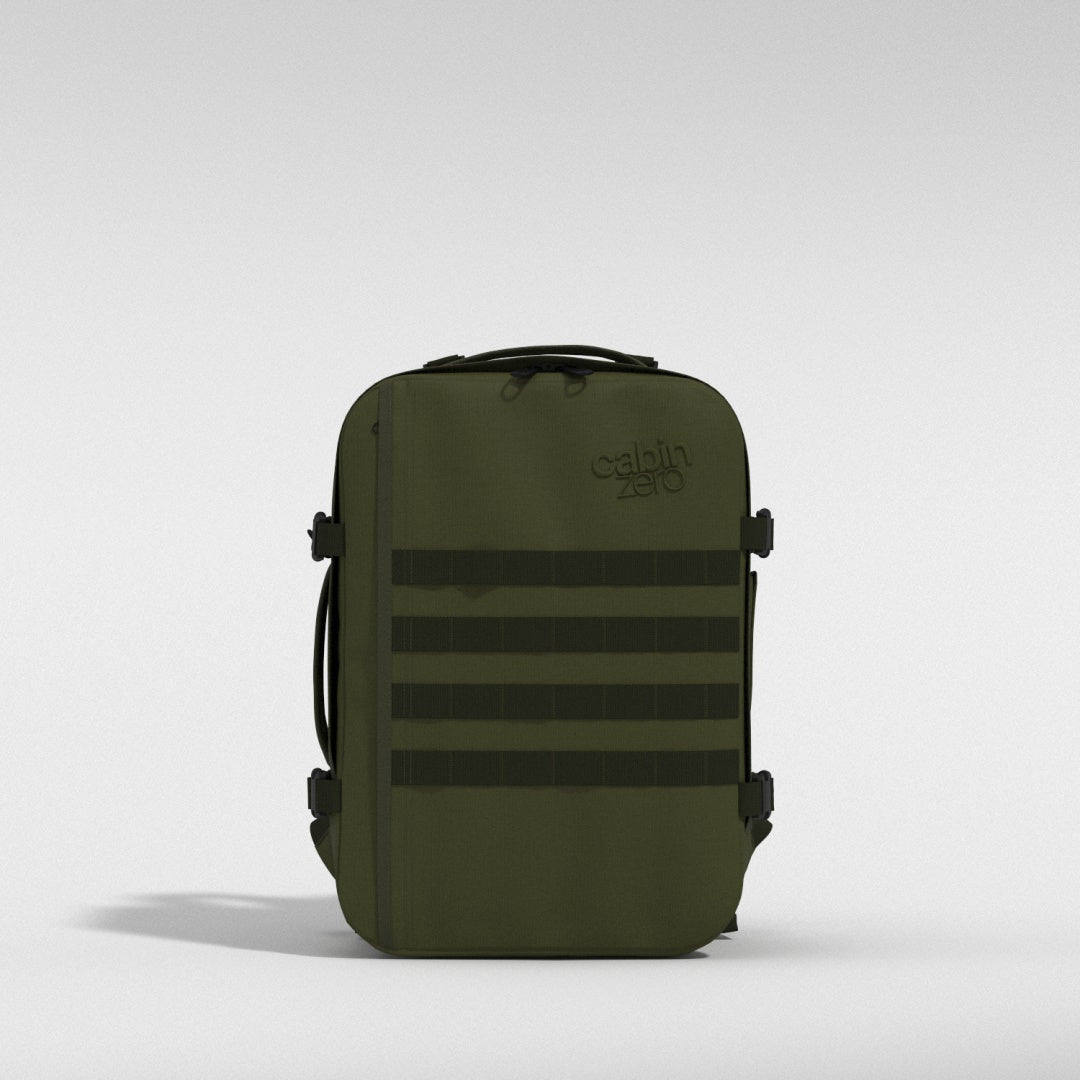

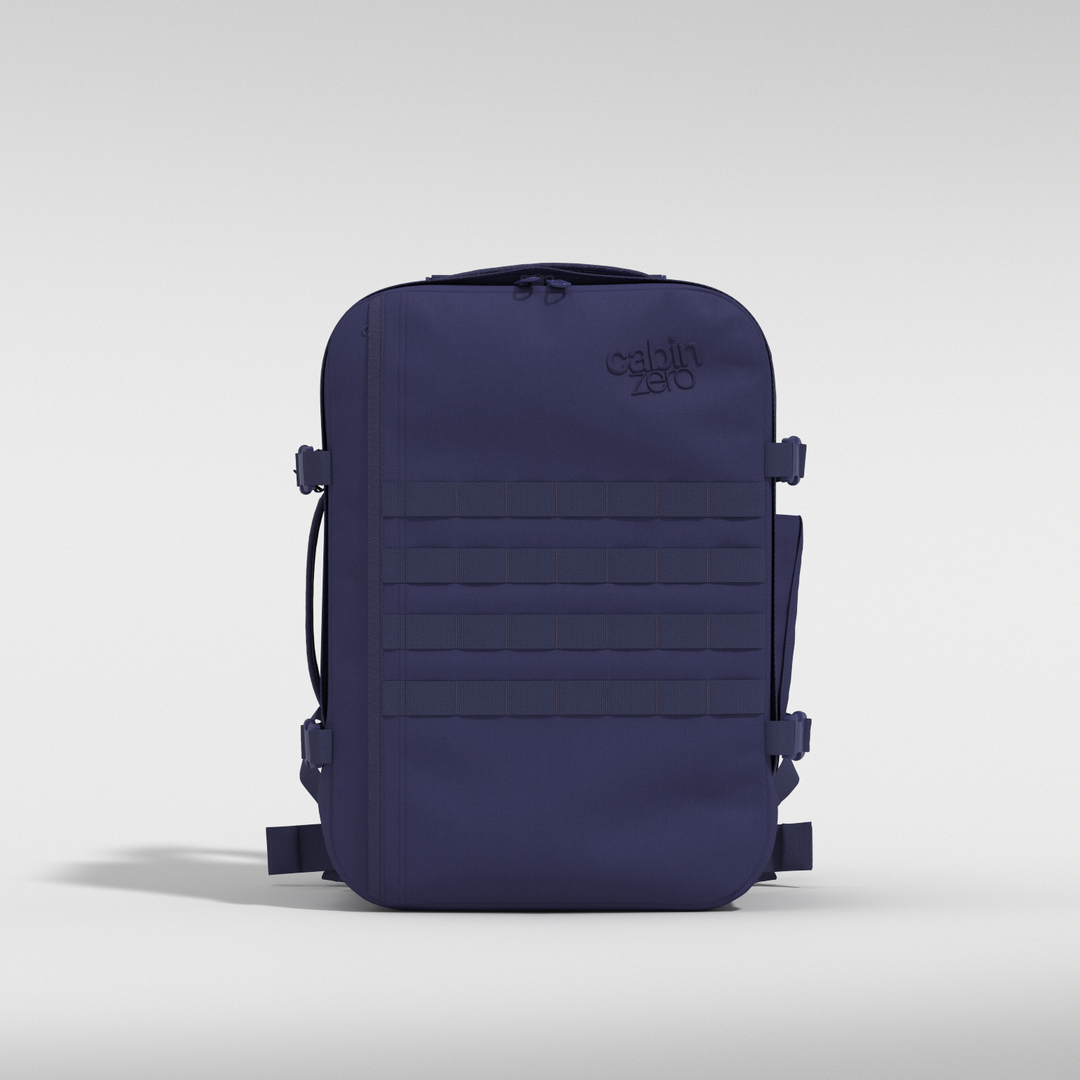

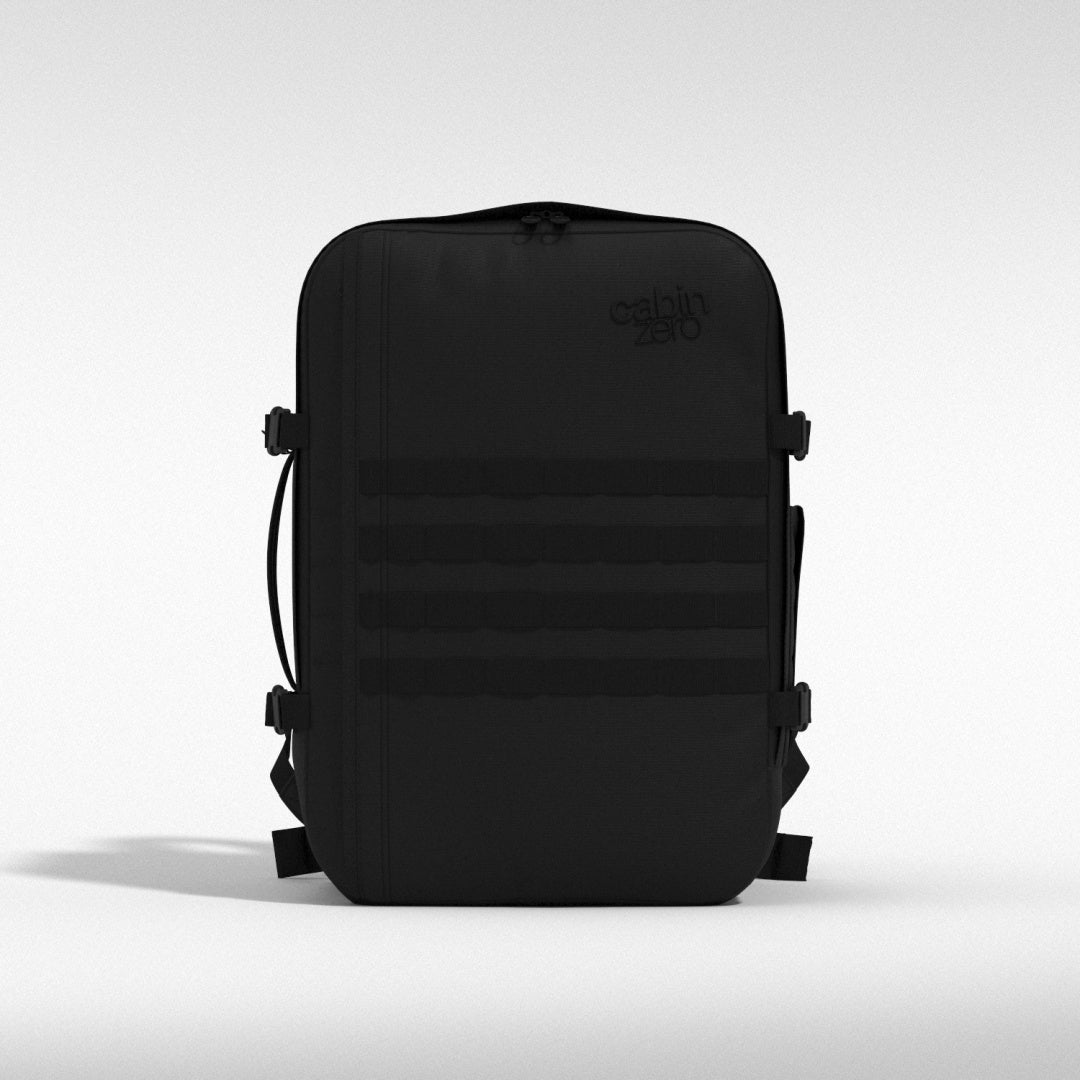

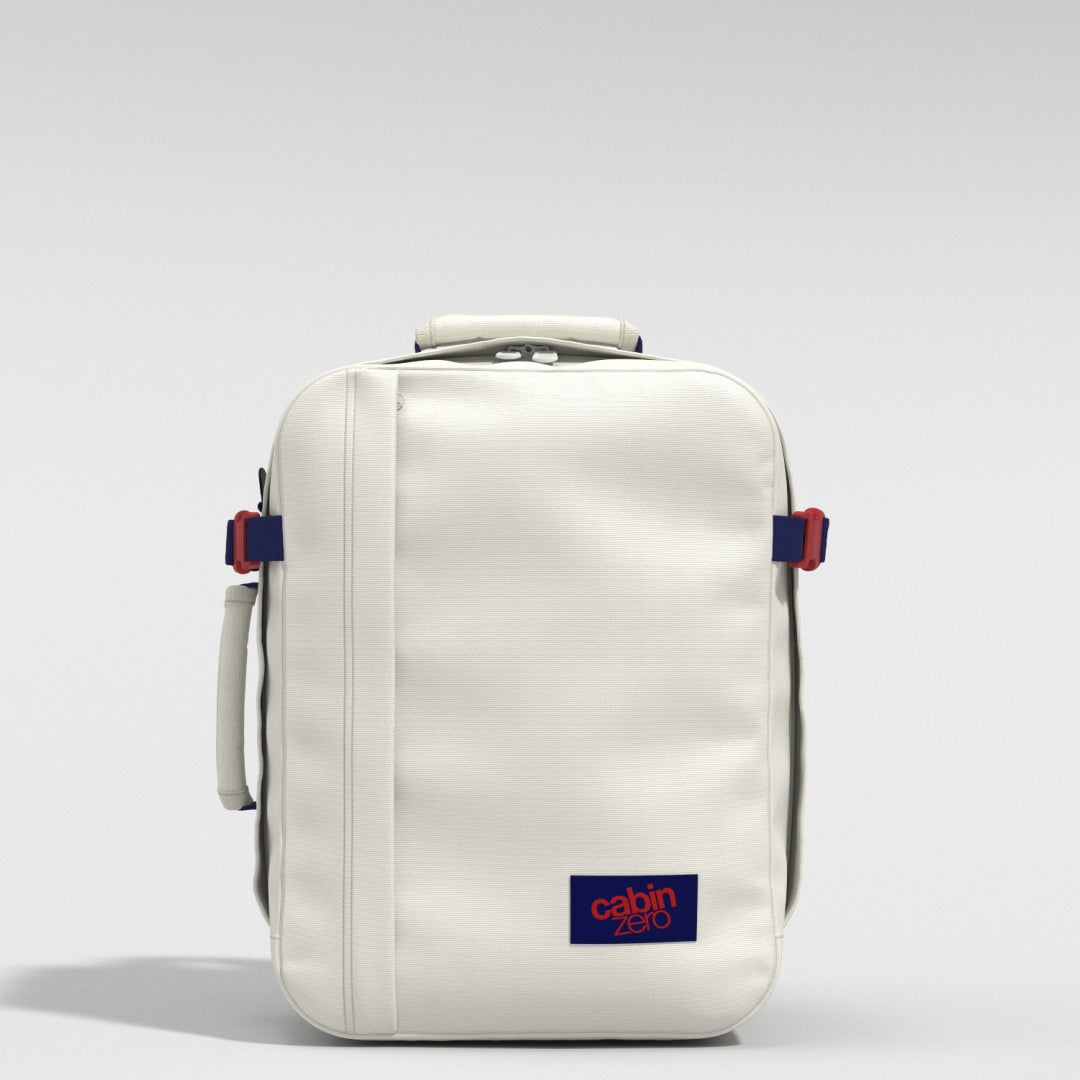

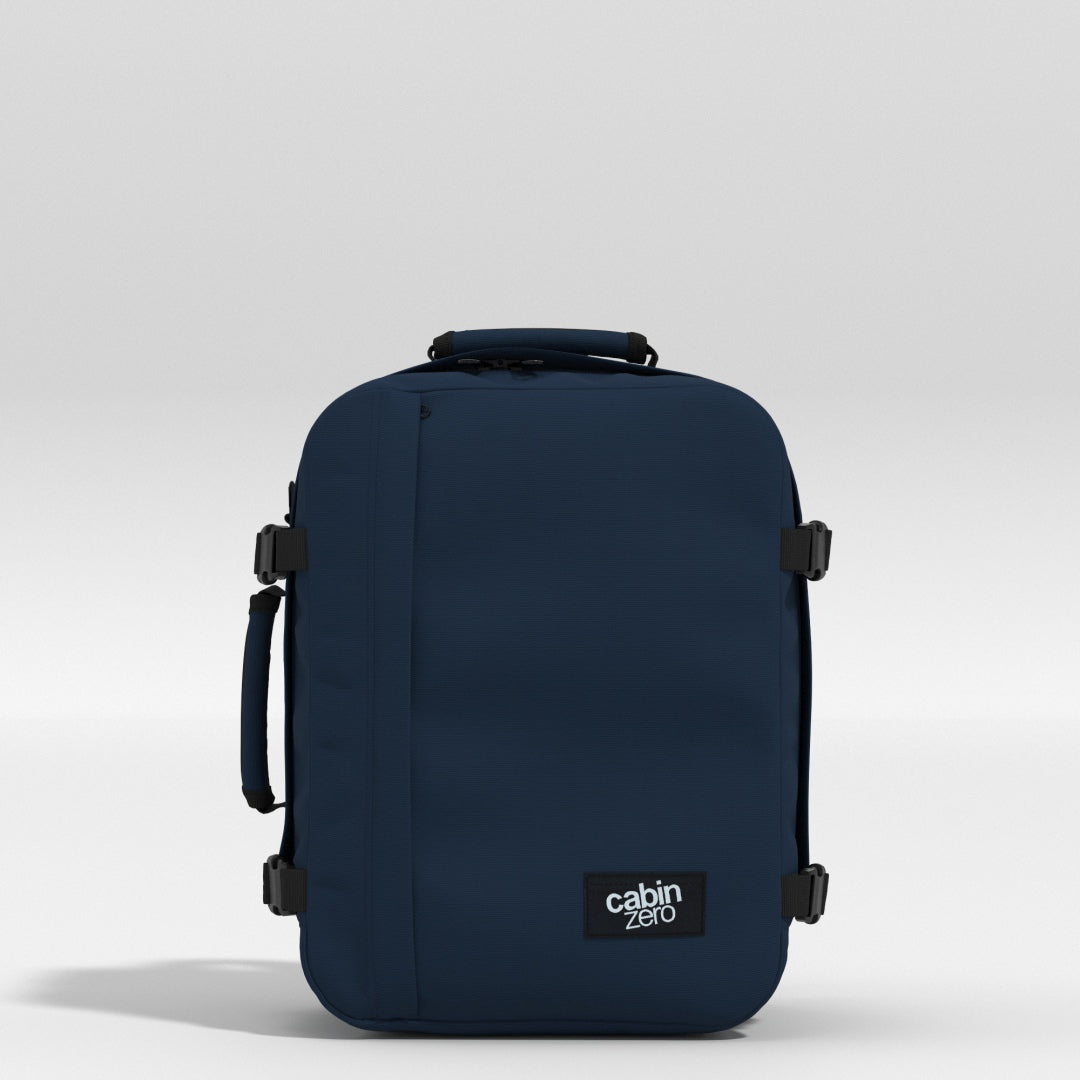





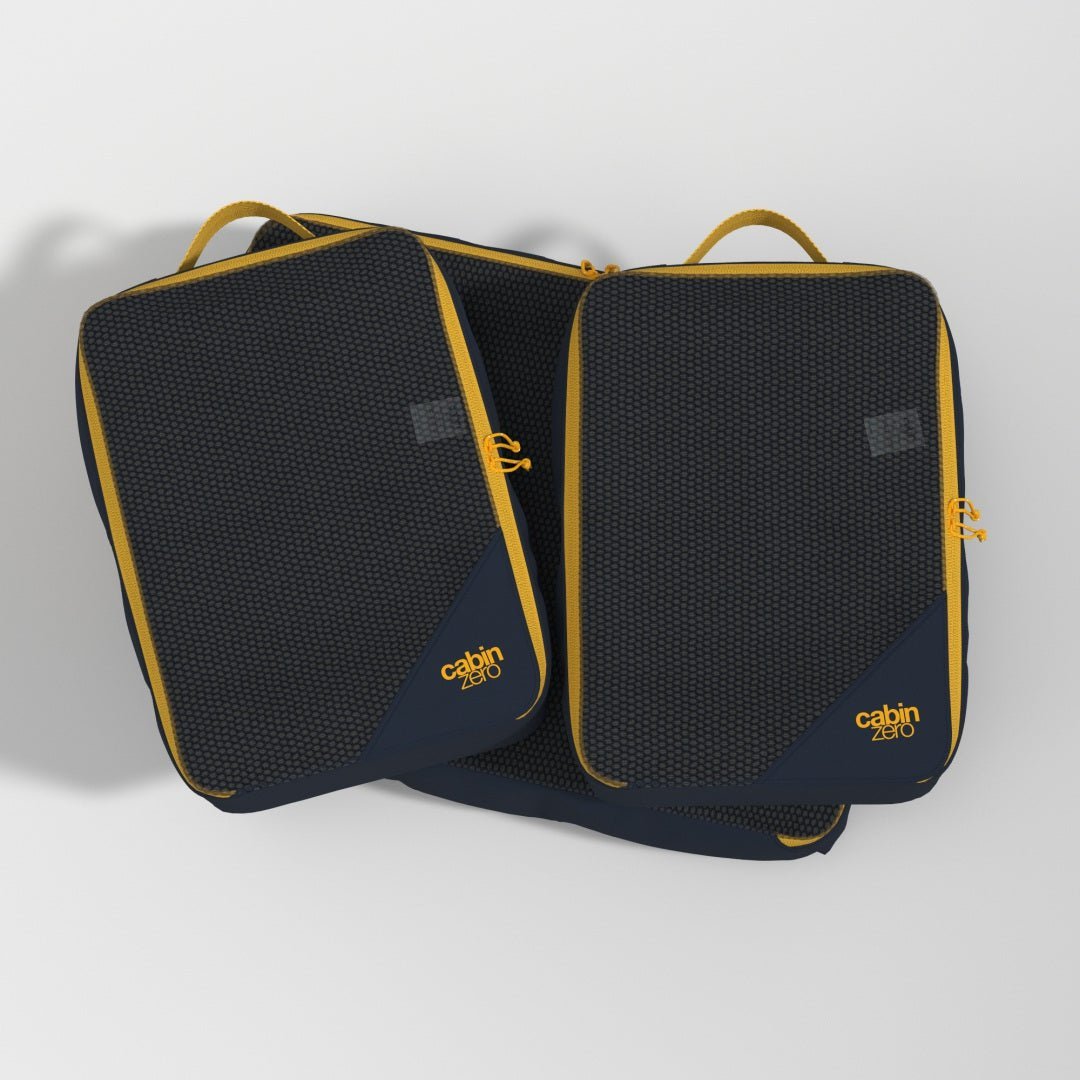




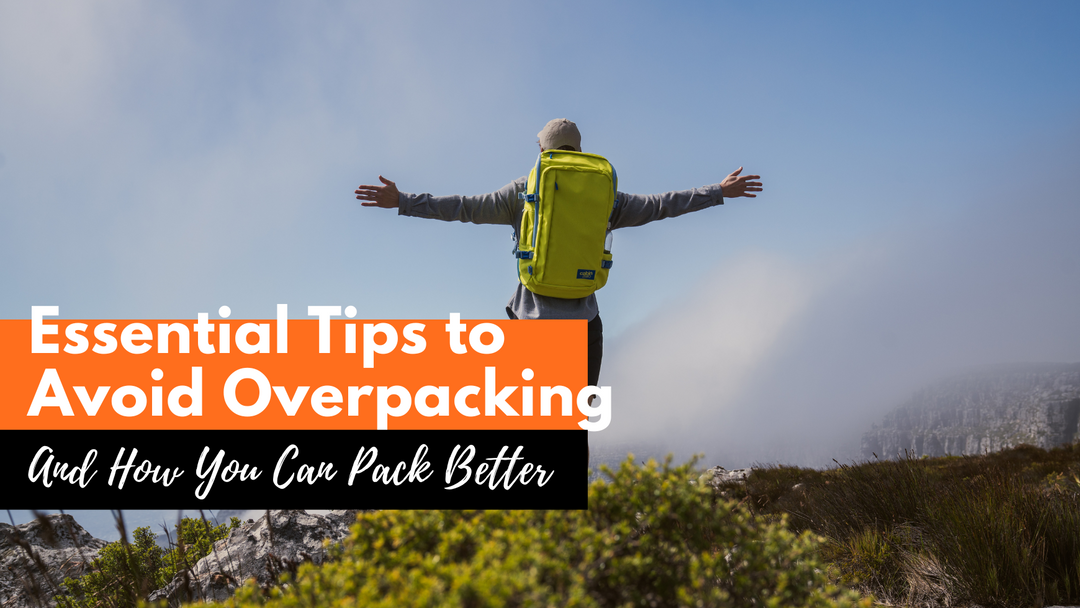
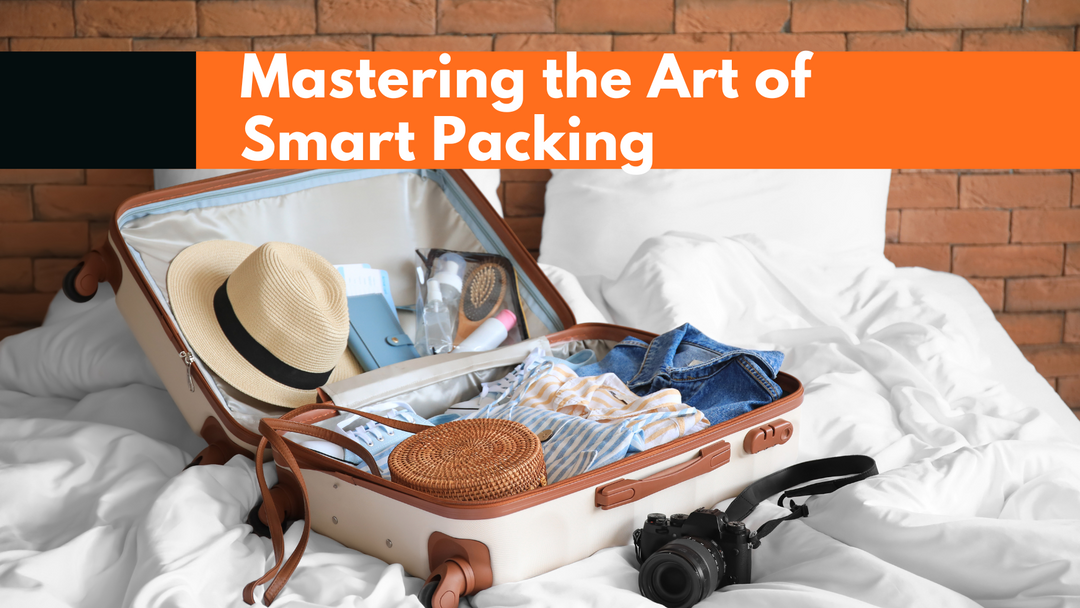
Leave a comment